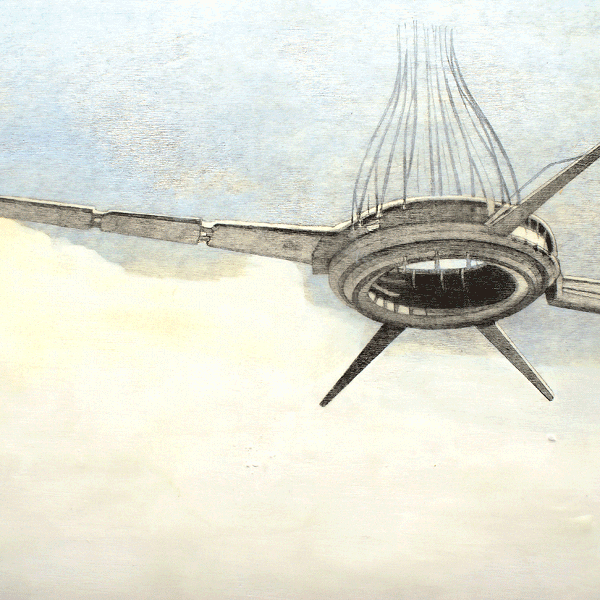Kunari Afghans favor their traditional decision-making Shura, or council of elders over the complex US system advocating for more voices to be heard on the all-important budgeting process. For example, the Narang subgovernor claimed his district’s various Shuras agreed that the entire quarterly budget be spent on two retaining walls and a water pipe scheme. The price of these three projects was projected at $240,000. “It’s very doubtful that figure is correct,” Lt. Hill said of the contractor’s cost quotes. “Obviously, they’re looking at us as a giant cash cow.”
Over the next few weeks, Lt. Hill had to diplomatically reject and help the district re-price the bids without the Narang district subgovernor losing face. Throughout the process the lieutenant faced a subtle but consistent resistance from the subgovernor, who neither really ever agreed nor disagreed to anything while Lt. Hill maintained that the projects were overpriced and more competitive bidding was required. Privately, Lt. Hill said he believed someone was getting a large kickback from the contractor. Recently, the subgovernor complained that the community still hadn’t received any of their submitted project funding. Desperately wanting something to show for all the behind-the-scenes work, Lt. Hill had to deal with redoing mountains of paper work after the initial projects were rejected by his command’s contracting office as “overpriced.”
Improvements and Holding
Despite the setbacks, bigger villages like the Narang district center have seen jumps in commerce and civilian activity. Toyotas cramped with large families and decorated with decals and tassels slow as they drive by. Convenience store stalls sell everything from cell phone cards to rubber sandals, 7-UP sodas, and cooking oil marked with the USAID insignia. The improvements in commerce are universally attributed to the multimillion dollar paved road connecting the cities of Jalabad to Kunar’s capital of Asadabad. With an increased Afghan police and army presence, the value of actual Afghans as the face of law and order here is hard to calculate, but it’s high. “They are around this time,” said Ssgt. Trevor Petsch, who explained that on this deployment, US troops are getting more support from Afghan police than in the past. “Last time they were afraid of their station being overrun by the Taliban. We had to go down and spend the night with them.”
The problems with Afghan forces are endemic to raising a third world force. The soldiers and officers sometimes appear as courageous and concerned fighters and at others they behave like immature teenagers. With the Afghan National Army’s pay increasing to nearly $165 per month for a new soldier in 2010, it’s clearly helping to employ young men who might otherwise join the Taliban. But the Afghan troops often lack training, despite their being equipped with US M-16 rifles.
The demeanor with which Afghan soldiers laze around the Outpost listening to music on their cell phones, often avoiding training courses offered by 2nd Platoon is troubling. Yet this could be an indicator of poor leadership, with too little authority in the hands of the lower enlisted ranks rather than a lack of potential. In the time I have been here, the Afghan Army unit attached to COP Badel has been hesitant to initiate their own patrols, despite Lt. Hill’s encouragement. And despite his constant nagging, they still hadn’t manned the guard towers built for them by a local contractor who charged US forces nearly $15,000 per tower. The local police are no better. In the hostile town of Subagar, the district police chief refused to impound a huge cache of smuggled lumber as per Lt. Hill’s request. Obviously, he knew some of the players running the lucratively illicit trade, and might even have been getting his own cut. Comparable to the poppy trade in Afghanistan’s south, lumber in Kunar is a healthy source of funding for insurgents. Some US policy makers believe it makes the most sense to legalize and tax the wood, but reform laws have been held up by intractable legislators in Kabul who are also possibly benefiting in some way from this trade.
Back to Getting Shot At
For 2nd Platoon, the hesitation on the part of Afghan forces to patrol their area means the deeper the village is situated within the valley, the more likely their troops will get shot at. The village of Qala Wana, located at the mouth of the Badel Valley where a school and well have been built over the years, is friendly, while Subagar, reachable only by a road so rough bigger trucks can’t traverse it, is considered hostile. One morning after an attack on the gumdrop hill, soldiers believed they spotted a man trading an AK-47 to a neighbor on a donkey train coming from Subagar. Weeks later they were engaged in one of the biggest fire fights of their deployment after they dropped off sacks of rice and flour as an opening gesture. Surprisingly, soldiers who are getting shot at are not all pessimistic. “I see us turning some of the villages,” said Sgt. Lopez. “The more we go in, the bigger impact we make, and the more villagers see that we’re not afraid.”
















